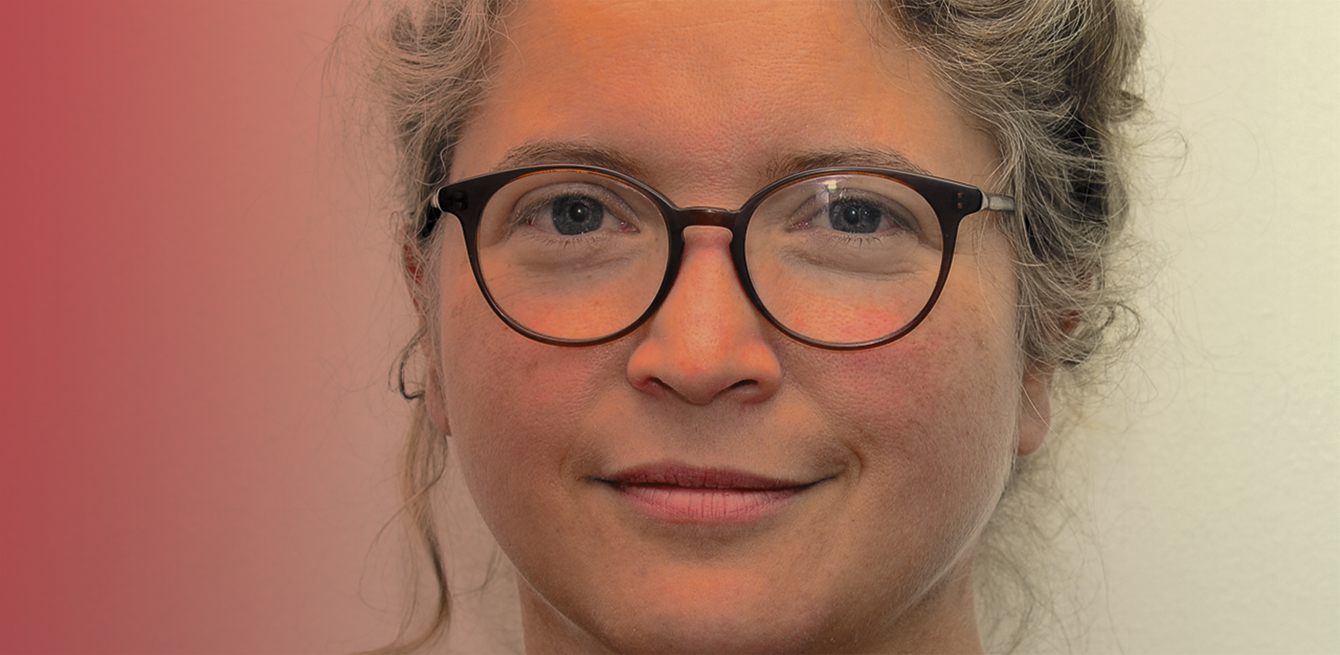
A wide variety of questions are asked during clinical ethics consultations (1), but certain issues come up again and again. For example, we might be asked, “How much is too much?”. This question applies to all ages and every medical field. Another question we hear is, “How do you know when you’re using an excessive amount of medical care?”.
In order to understand this limit, you have to break it down into three components. You can reach an initial limit when a treatment becomes ineffective. Artificial nutrition to extend the life of a person suffering from advanced dementia is one example (2). This limit can be objectively recognised.
A second limit is reached once care becomes disproportionate. This means that while the treatment does have an effect, it is too insignificant or uncertain to justify the burden it places on the patient. One example is the use of mechanical ventilation when a person is in a state they wouldn’t have wanted and won’t be able to recover from. This limit is not objective. It partially depends on each person’s priorities (3).
The third limit is reached when the cost is excessive compared to the benefit the treatment provides the patient. That doesn’t mean it’s reached the level of excessive treatment, however. This is the most controversial limit. It’s important we recognise it as such.
We might go beyond these limits because our hopes can be unrealistic. Our interventions might try to achieve a specific goal that patients don’t actually want or trample their priorities to promote our own. Our priorities might become mixed up – one example is the temptation to prescribe patients medications to show we haven’t given up. Our kindness can become a trap that lures us into thinking we’re doing good simply because we want to do good. It’s important to analyse what’s going on. In any case, understanding the situation is a good first step towards addressing it.
In order to help teams facing these difficult questions, the CHUV Clinical Ethics Unit is partnering with the Training Centre to offer interdisciplinary workshops on request. The first few sessions will focus on essential topics that have cropped up during consultations, including futility, a patient’s decision-making capacity, shared decisions and disagreements over the care plan, quality of life, the use of physical or medical means of coercion, and vulnerabilities. Participants will receive a training certificate at the end of the programme. A Certificate of Advanced Studies in Ethical Leadership within health organizations is also being offered. Above all, we hope these initiatives will provide employees with better tools to deal with one of the most complex and difficult facets of our profession.
Samia Hurst is a bioethicist and physician who also works as a consultant for the Clinical Ethics Council at Geneva University Hospital (HUG). She manages the CHUV Clinical Ethics Unit and directs the Institute of Ethics, History, and Humani-ties (IEH2) at the Geneva Faculty of Medicine.
(1) Hurst S. La consultation d'éthique: à quoi ça sert et comment s'en servir? Revue Médicale Suisse (2006, 80, 2195-9)
(2) Sampson EL, Candy B, Jones L. Enteral tube feeding for older people with advanced dementia, Cochrane Database Syst Rev (2009, CD007209, PubMed PMID: 19370678)
(3) Mauron A. Futilité (2004, Petit glossaire de bioéthique)